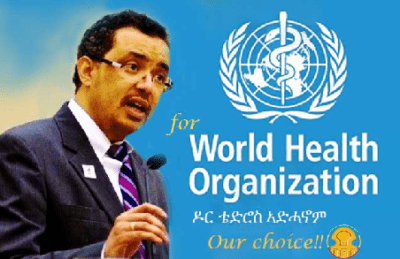
Indications emerging from the just concluded fourth meeting of the Emergency Committee convened by the World Health Organisation Director General, Dr Tedros Adhanom Ghebreyesus, shows that the pandemic is far from being over.
The conference held at the weekend under the International Health Regulations (IHR) (2005) regarding the Coronavirus disease (COVID-19) holds that the infection still constitutes a global pandemic as it urged WHO and leaders of nations to sustain advocacy on flattening the curve.
Pharmanewsonline reports that there that have been massive protests around the world against the affliction and restrictions inflicted on the masses by the emergency nature of the pandemic.
From Germany’s most recent 17,000 people’s march, to Israel’s public outcry, Serbia’s protests against government’s plan to impose curfew and the Lebanon hunger protests as far back as May, the coast is unclear on masses take on the pandemic’s extension by another 3 months.
Reports showed at the weekend that the German protest was characterized by many flouting of guidance on wearing masks and physical distancing as they accused the government of ‘stealing our freedom’.
According to the WHO’s Committee report, which shows that several countries which recorded initial success like Germany in containing the virus, are now experiencing rise in infections.
After extensive deliberations and review of the evidence, the Committee informed Dr Tedros that the outbreak still constitutes a public health emergency of international concern (PHEIC).
“The pandemic is a once-in-a-century health crisis, the effects of which will be felt for decades to come,” Dr Tedros.
He continued: “Many countries that believed they were past the worst are now grappling with new outbreaks. Some that were less affected in the earliest weeks are now seeing escalating numbers of cases and deaths. And some that had large outbreaks have brought them under control”.
The Committee therefore advised countries to support research efforts, including funding and to join in efforts to allow equitable allocation of diagnostics for enhanced testing capacity.
The committee also advised countries to strengthen public health surveillance for case identification and contact tracing, including in low-resource, vulnerable, or high-risk settings and to maintain essential health services with sufficient funding, supplies, and human resources.
Countries were advised to implement proportionate measures and advice on travel, based on risk assessments, and to review these measures regularly.












The other day, while I was at work, my cousin stole my iphone and
tested to see if it can survive a forty foot drop, just so she can be a youtube sensation. My iPad is
now destroyed and she has 83 views. I know this is completely off topic but I had to share it with someone!
Yes! Finally something about soccer.
Your style is unique in comparison to other people I have
read stuff from. Thanks for posting when you have the opportunity,
Guess I’ll just bookmark this page.
Excellent blog post. I certainly love this site. Keep it up!